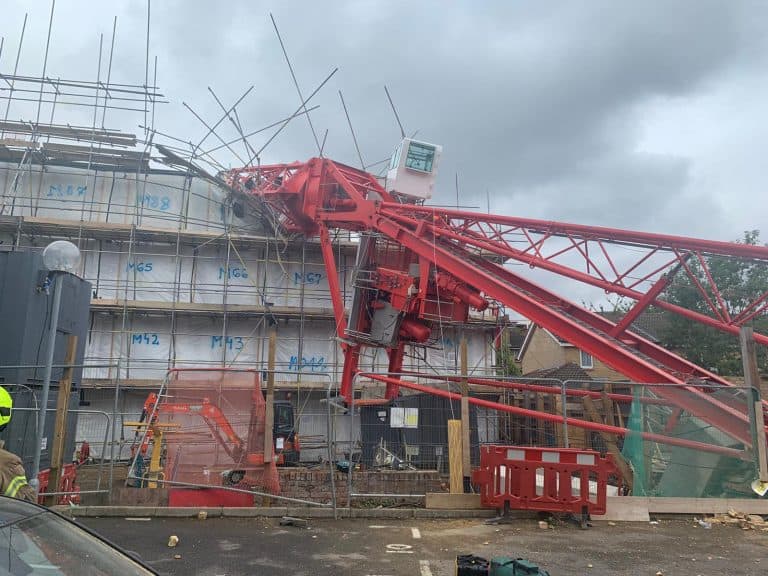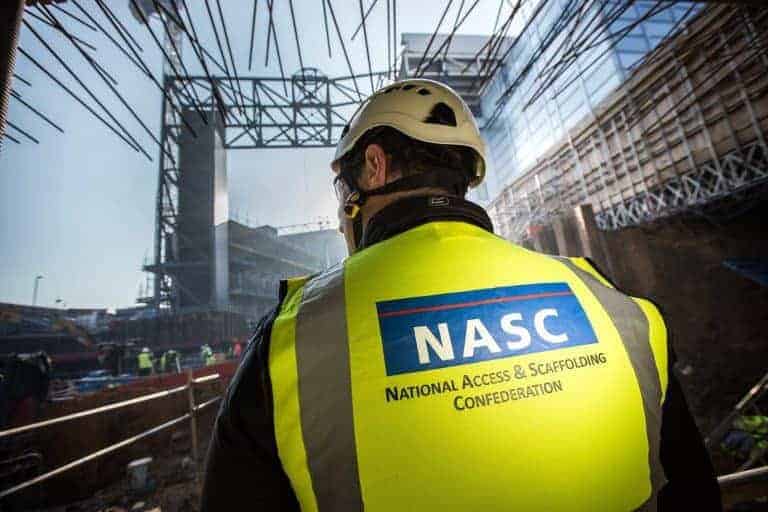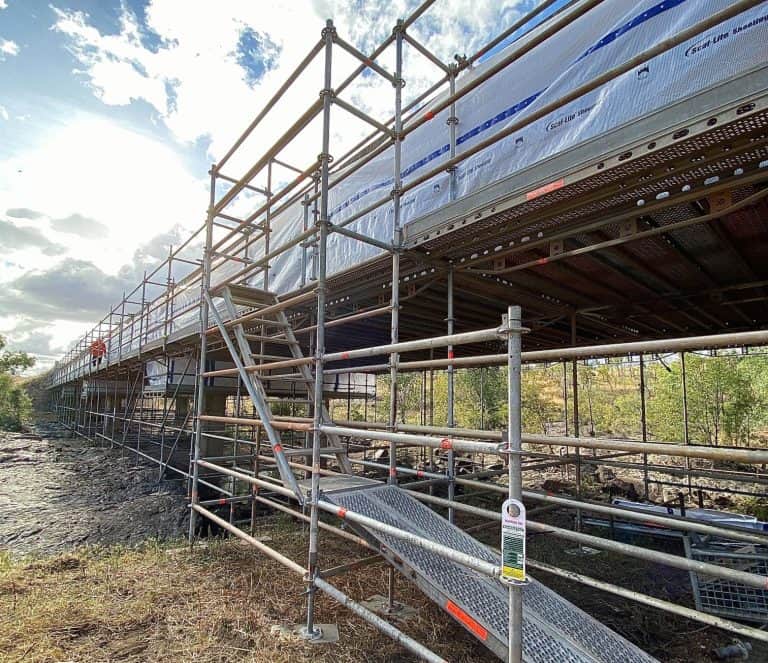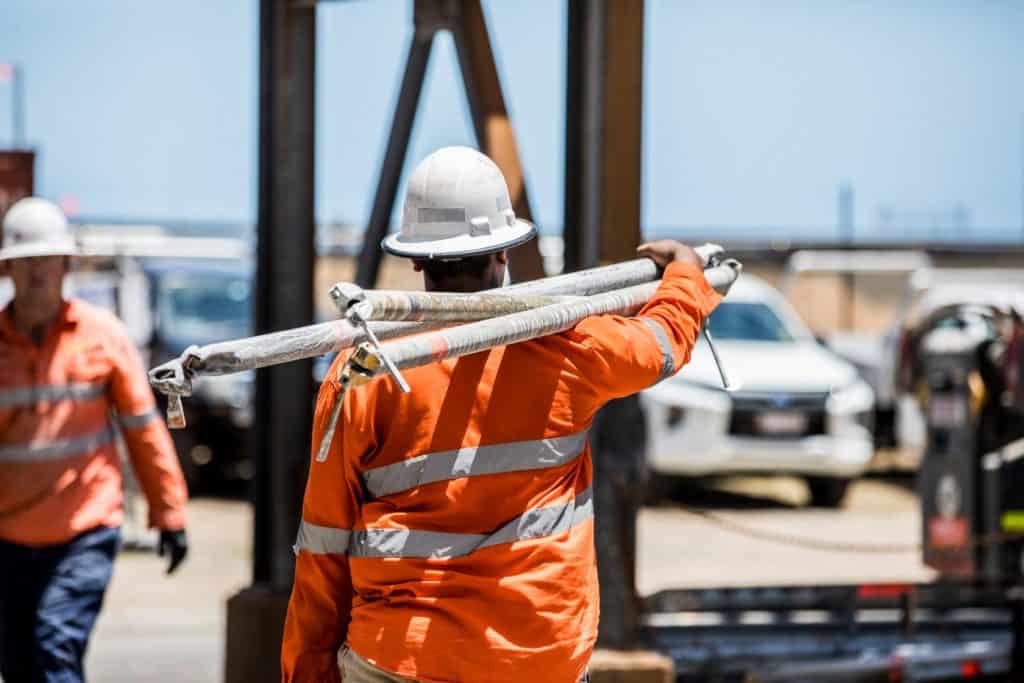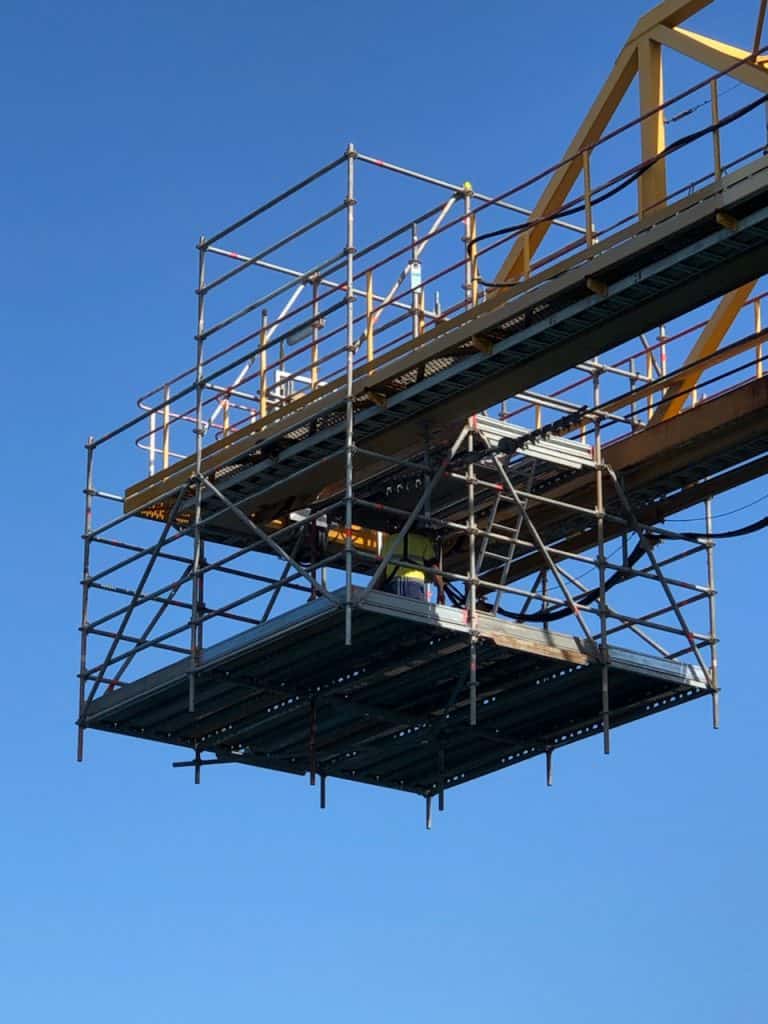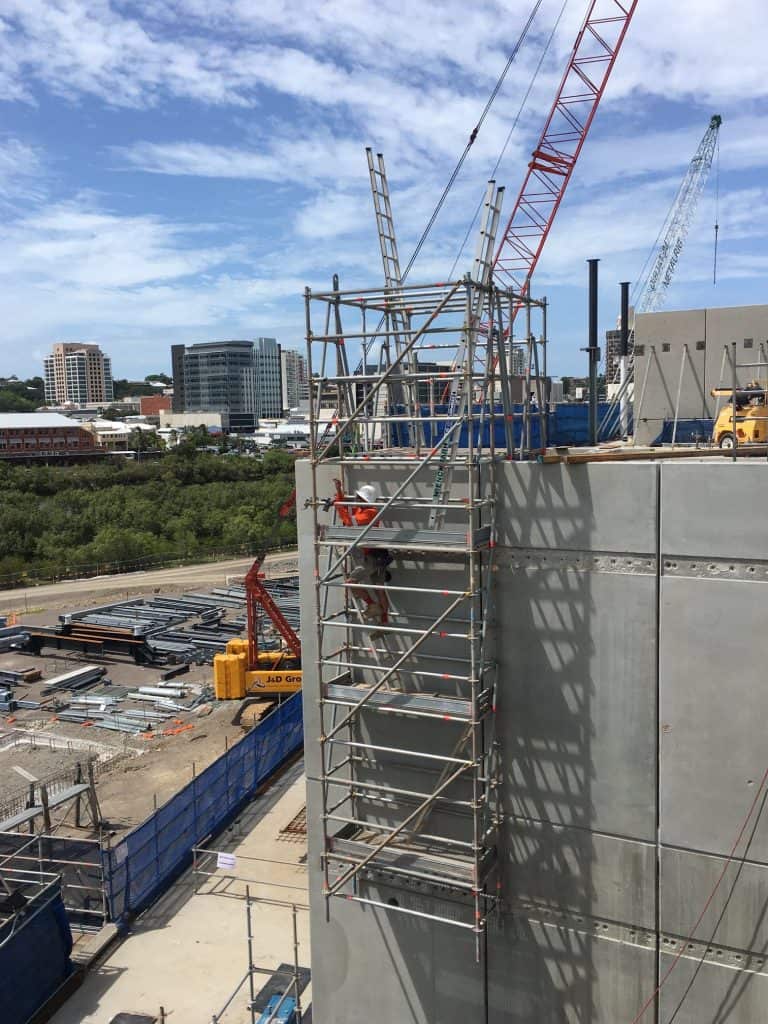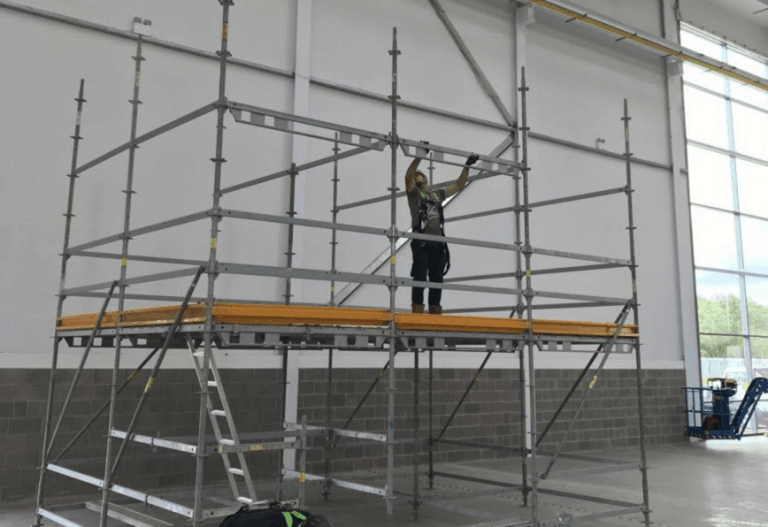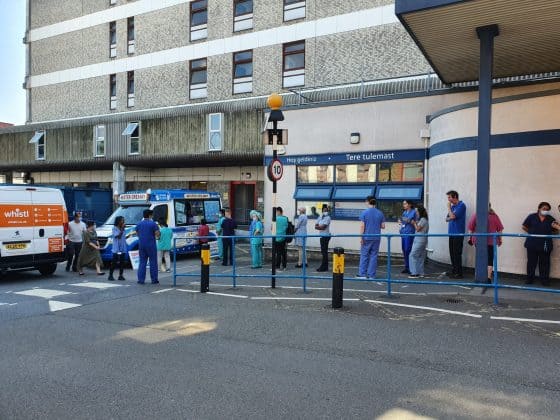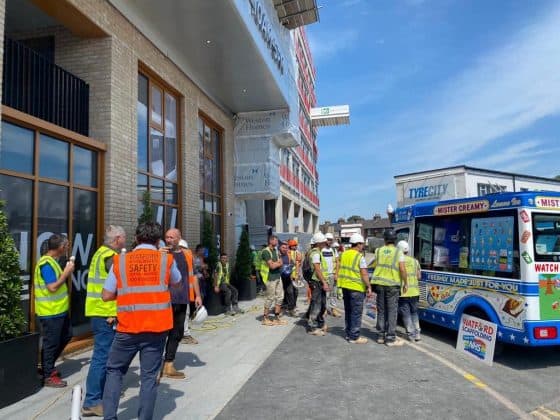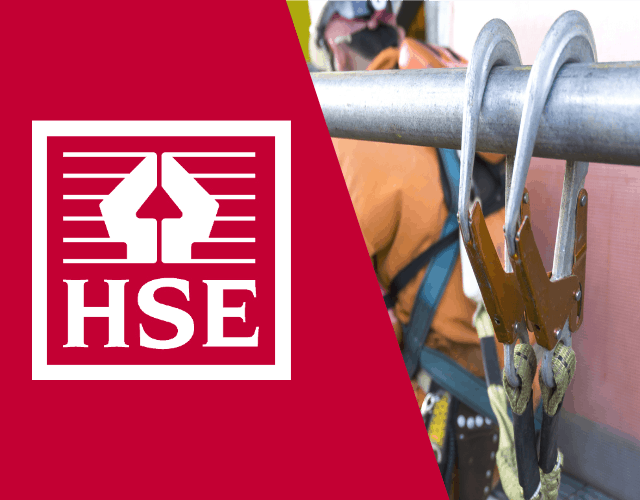PERI UK has received CISRS accreditation for its first-ever scaffolder training facility.
PERI’s Construction Training Academy, at its newly redeveloped office in Brentwood, has been awarded its CISRS accreditation. This will mean that the centre, which is the UK subsidiary’s first-ever training facility dedicated to scaffolding and formwork, will have the capacity to deliver all of PERI’s scaffolding training courses under one roof.
PERI says this is a big milestone for the company and believes its Construction Training Academy will enable it to address and support the demand for skilled workers in the industry, ensuring the UK remains a leader in scaffolding training.
The company’s commitment to the scaffolding sector has already involved collaborations with industry partners and customers to deliver some of the sector’s most sought-after courses, such as the BASE, and Inspection course.
The accreditation is timely, as scaffolding trainees will receive a comprehensive learning experience within the latest social distancing guidelines. With a 600 sq m footprint, the training facility provides a generous space for scaffolders to train safely, without compromising how on-site scaffolding scenarios are replicated.
The stand-out feature of the facility is its 15m-high exposed concrete wall built using PERI systems, reminding visitors of the seamless integration between PERI’s system scaffolding and its formwork components.
Although purpose-built to support increasing demand in the south region, the facility is equipped to meet a variety of training requirements for customers around the UK.
Training Academy Manager, Mark Holmes, said: “We are very excited to be able to offer the same high-quality course content we have delivered so far, now in our very own training facility. It’s a fantastic opportunity for PERI to be able to deliver its scaffolding expertise alongside its formwork offering, making trainees aware of just some of the benefits of our systems.
Receiving accreditation means we can now focus on customising our training services, with the support of our fully-equipped facility, to ensure we deliver an experience our customers will benefit from the most.”
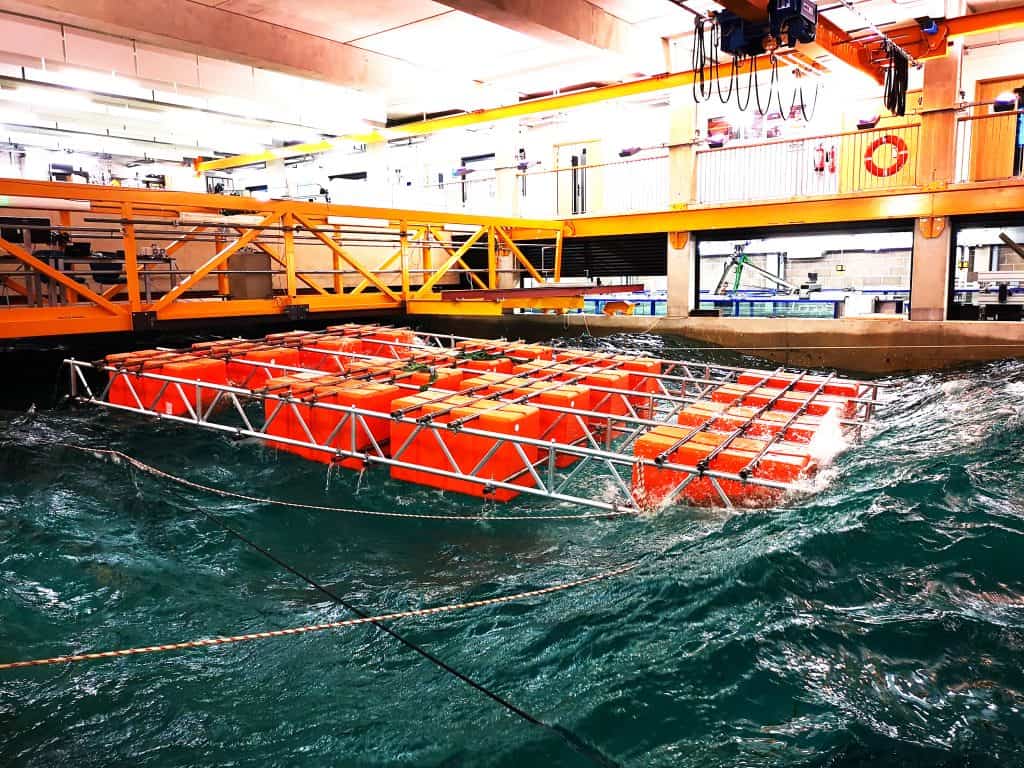
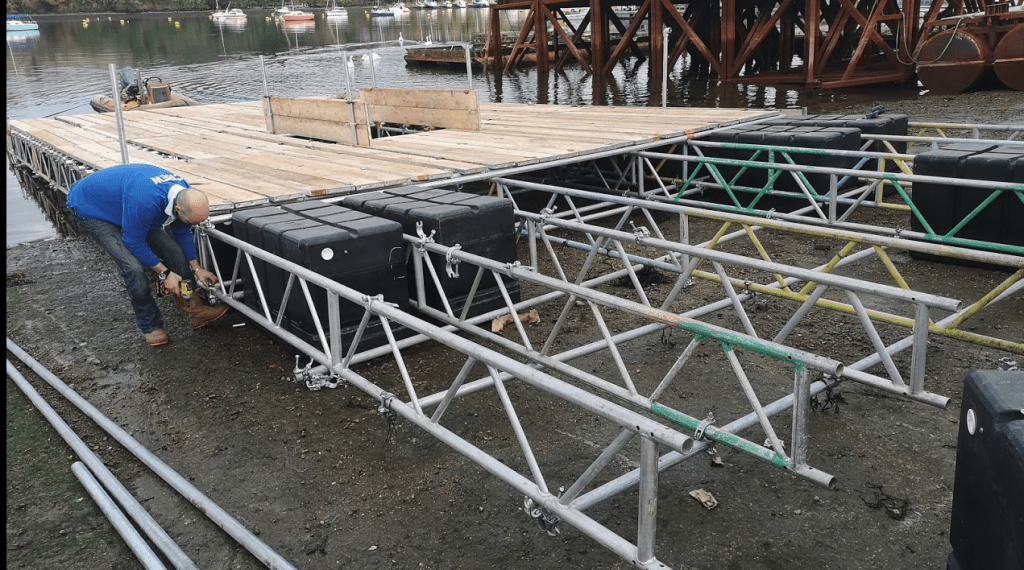
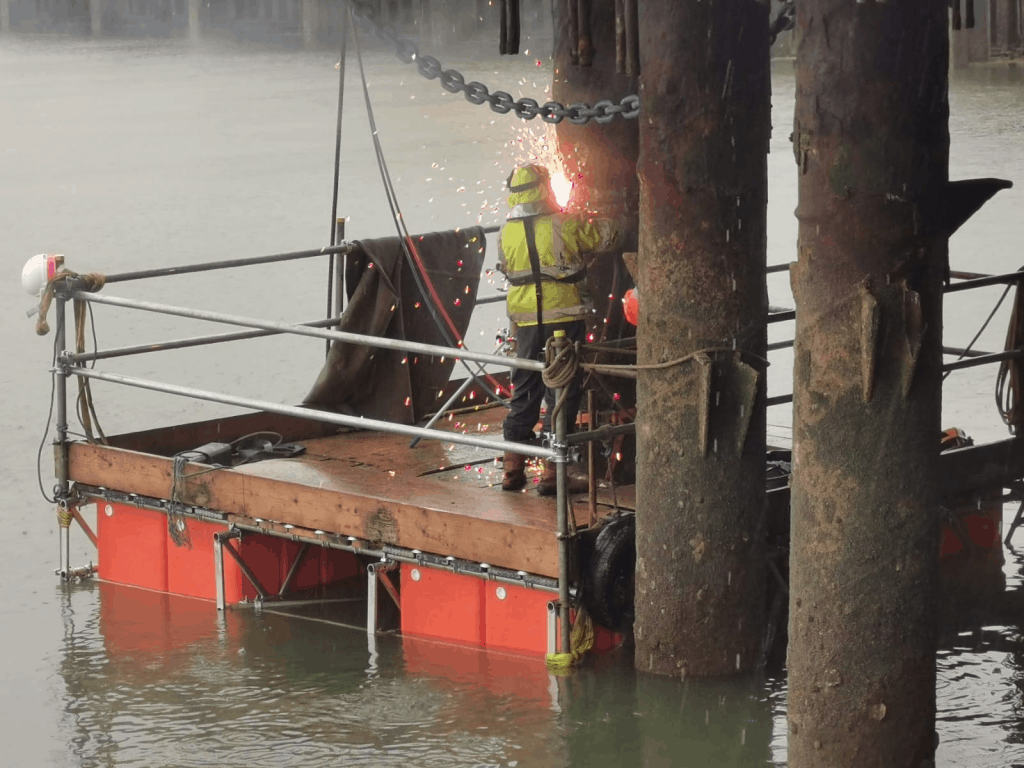 Roger Tice, Managing Director of Richter Associates, said ‘’We are a firm of consulting civil, structural and geotechnical engineers that specialise in temporary works and construction sequences. We are actively working with the ScaffFloat team and offer design solutions to our customers using this innovative system.
We can see all sorts of exciting applications for this within the industry we serve, and in most cases, there are very significant cost savings to be had. 48.3 Scaffolding Design Limited – a Richter group company dedicated to the scaffolding market is proudly working with ScaffFloat, and bringing this system to its existing client base. We endorse this system created by ScaffFloat.’’
Roger Tice, Managing Director of Richter Associates, said ‘’We are a firm of consulting civil, structural and geotechnical engineers that specialise in temporary works and construction sequences. We are actively working with the ScaffFloat team and offer design solutions to our customers using this innovative system.
We can see all sorts of exciting applications for this within the industry we serve, and in most cases, there are very significant cost savings to be had. 48.3 Scaffolding Design Limited – a Richter group company dedicated to the scaffolding market is proudly working with ScaffFloat, and bringing this system to its existing client base. We endorse this system created by ScaffFloat.’’ 
